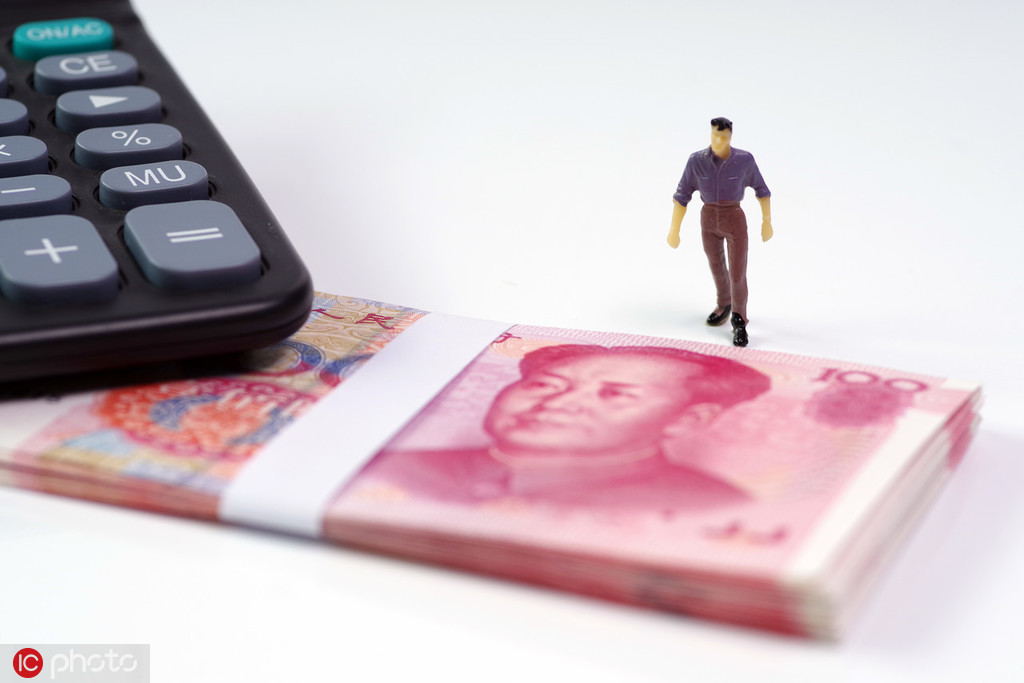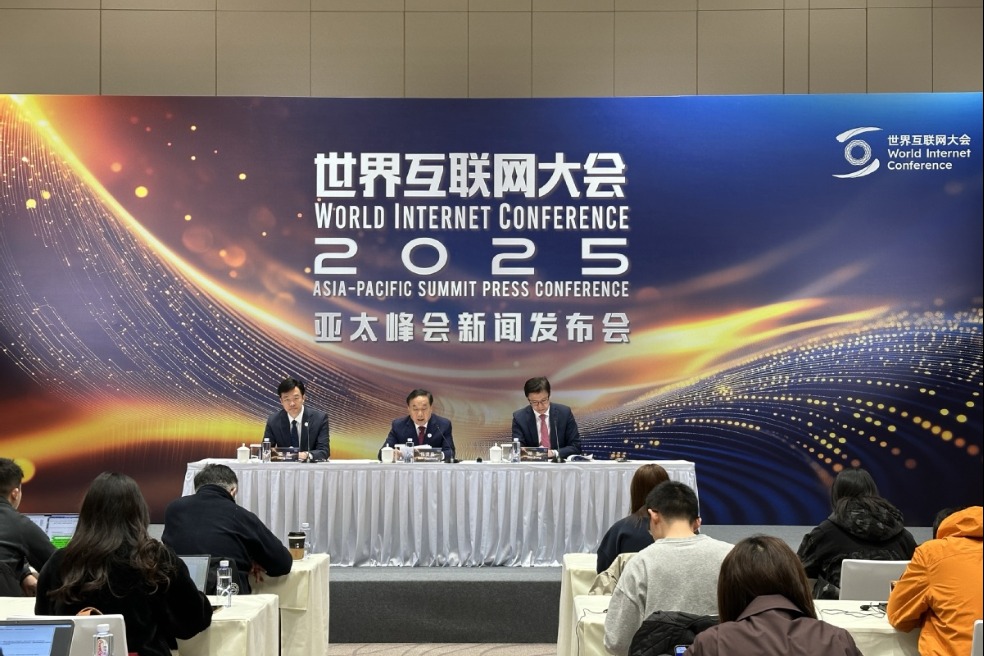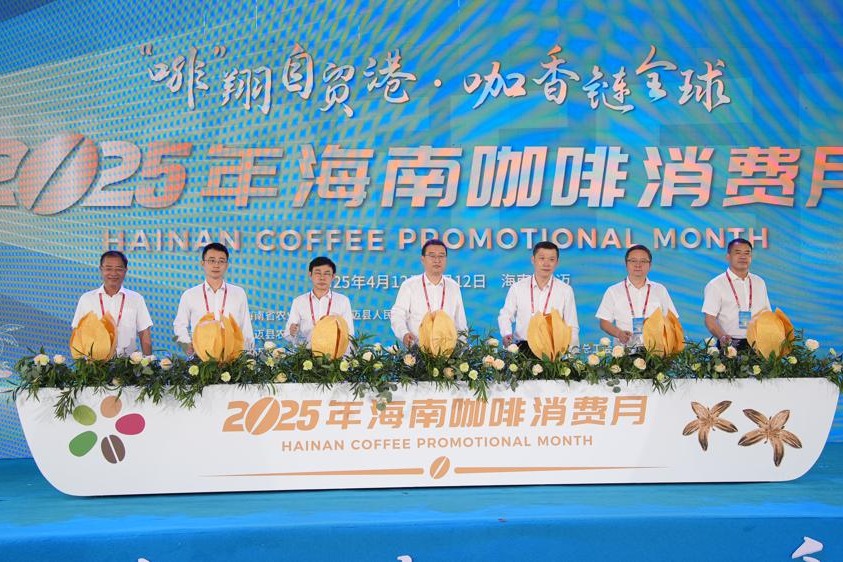Debt financing to sustain fiscal spending


Proactive policies to offset external headwinds like trade tensions, say economists
Economists expect debt financing to be the mainstay of China's fiscal spending, after the government saw monthly income decline in May for the first time this year.
Conflicts between moderate revenue growth and stronger expenditure may increase, they said.
The value-added tax reduction, effective since April 1, became a major factor that slowed government income. The VAT declined to 394.2 billion yuan ($56.9 billion) last month, down by 19.9 percent year-on-year, according to data of the Ministry of Finance on Friday. The VAT revenue growth rose to 17.5 percent in April, up from 9.3 percent in March.
The VAT rate for manufacturing, wholesale and retail industries was cut to 13 percent from 16 percent, benefiting businesses in these areas a lot, according to a statement from the ministry.
For the first five months, the overall fiscal revenue growth pace retreated to the year's slowest level of 3.8 percent, down from 5.3 percent from January to April. The fiscal spending maintained a high-speed growth at 12.5 percent by the end of May, the data showed.
The first five months' fiscal income growth rate reached the lowest level since 2010, which was also much slower than the GDP growth rate. In May, the total fiscal income declined by 2.1 percent year-on-year. And the total tax income declined by 7 percent year-on-year.
The financing gap, between fiscal revenue and expenditure, will be enlarged in the first half this year, mainly due to the more aggressive tax and fee reduction and the accelerated government spending, a senior official from the Ministry of Finance told China Daily.
"At the moment, the key task is continually implementing the fiscal policies that have been announced, and we will keep a close eye on the changes in the economy and the external situation," he said, without revealing any further policy adjustment plan.
Economists said that the proactive fiscal policy will play an important role in offsetting external headwinds, especially after the United States escalated trade tensions with China. Government spending can support investment in infrastructure construction, and some social welfare areas such as healthcare and education.
Some of them speculated that if the "extreme scenario" happens, or the economic pressure increases dramatically amid external shocks, Chinese local governments may apply for additional quota of bond issuance, and it should be approved by the country's top legislators.
Increasing the annual bond quota in the middle of a year is rare, but it is possible and advisable, said Robin Xing, Morgan Stanley's chief economist in China. Besides, he said the government's deposits or some financial surplus from previous years could be used for stimulus.
The local government bond quota was set at 3.08 trillion yuan in 2019, and about 47.5 percent of the annual quota had been issued by May. And 859.8 billion yuan of special bonds has been issued in the first five months, according to the Ministry of Finance.
The tax-cut policy has helped to counter economic headwinds, but whether enterprises or households will use the saved money for investment and consumption will depend on their confidence for the future, said Xing.
Otherwise, direct fiscal stimulus could support economic growth, including encouraging automobile and home appliances consumption, and accelerating spending on social security and infrastructure construction, he said.
Policymakers relaxed funding restraints on local governments' off-budget channels, encouraging the issuance of special bonds and financing through local government financing vehicles.
The government released a document on Monday which allows funds raised by local government special bonds to be equity for infrastructure projects.
The authorities also encourage financial institutions to support these projects, especially through bank loans and insurance funds. The measures demonstrated the government's incremental efforts to counter downside risks amid renewed trade uncertainty, supporting infrastructure investment in the coming months, according to economists.





































